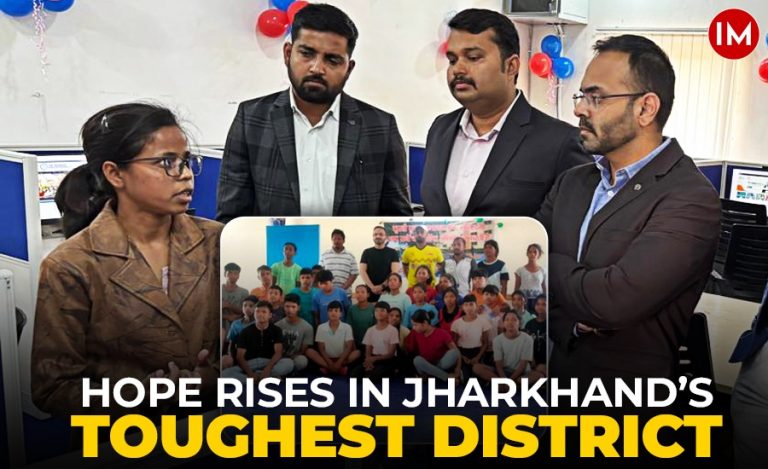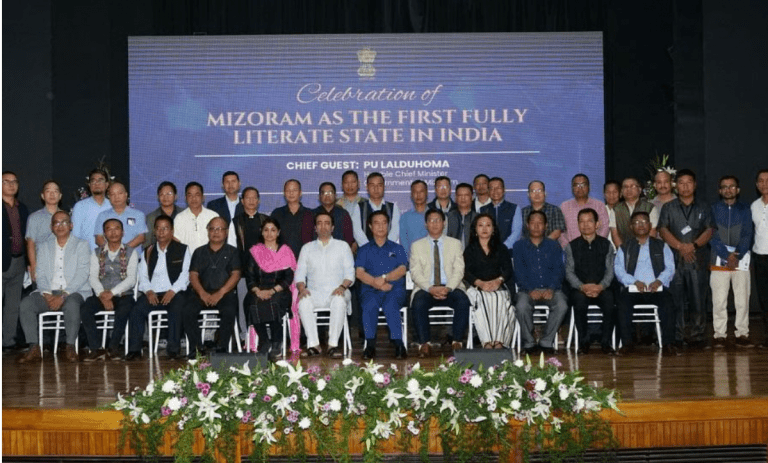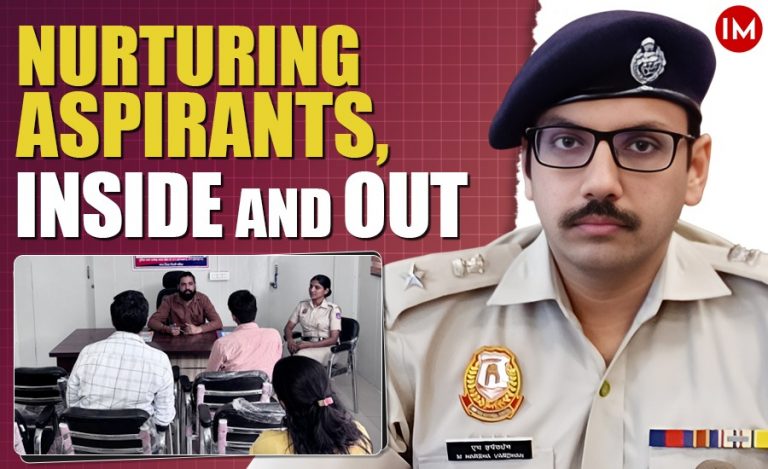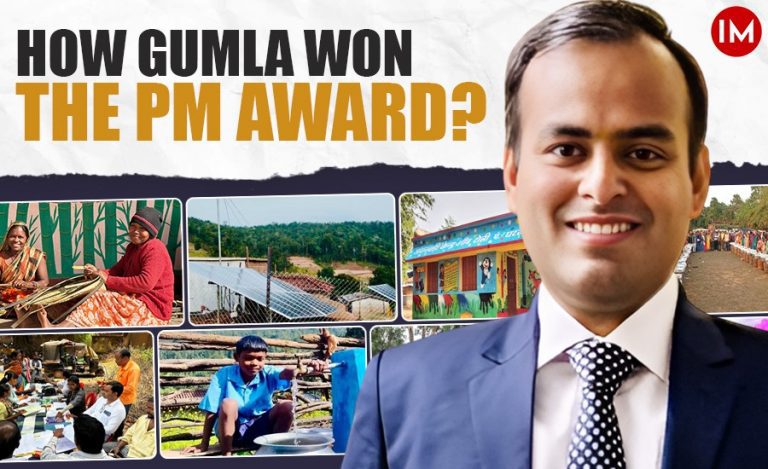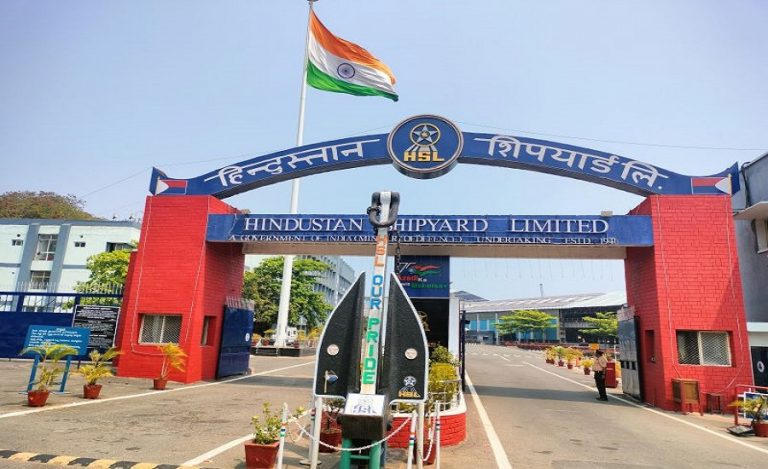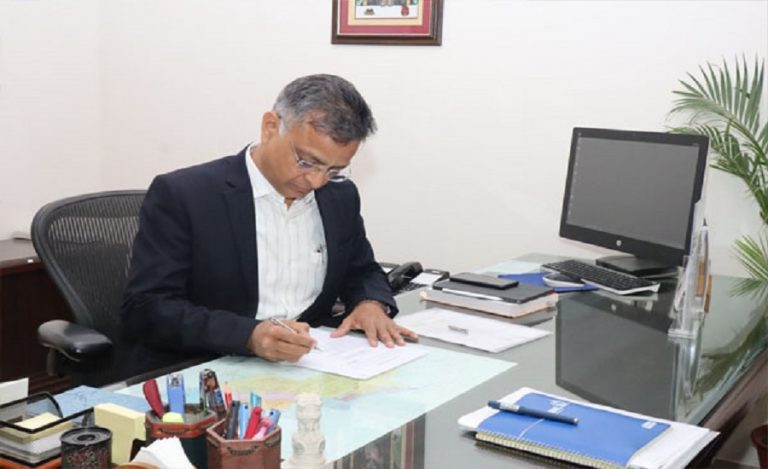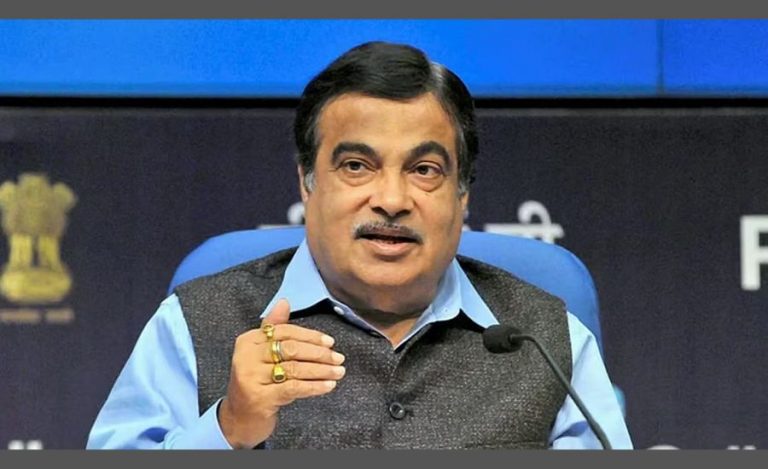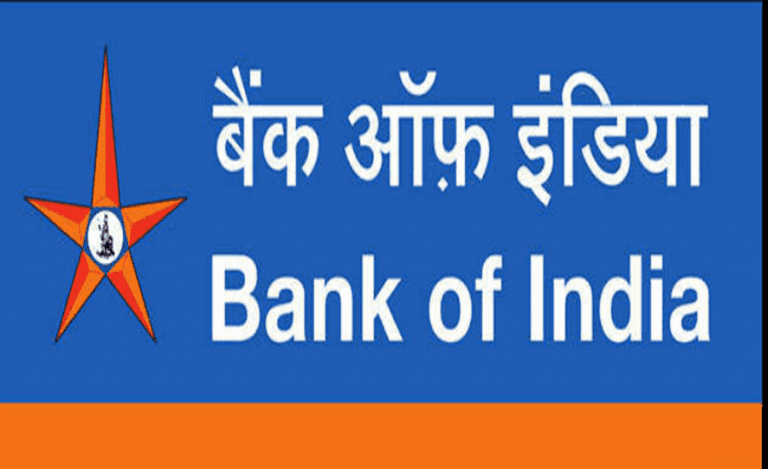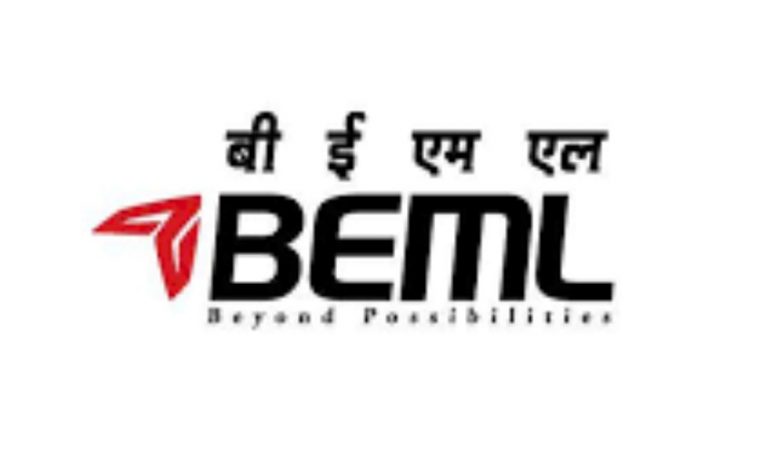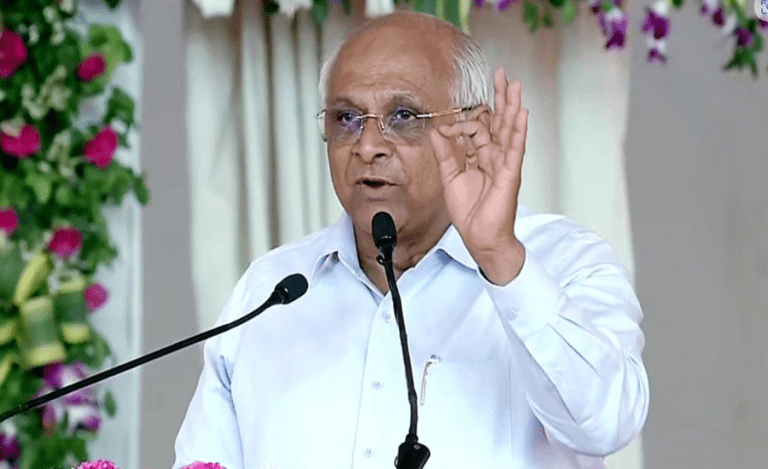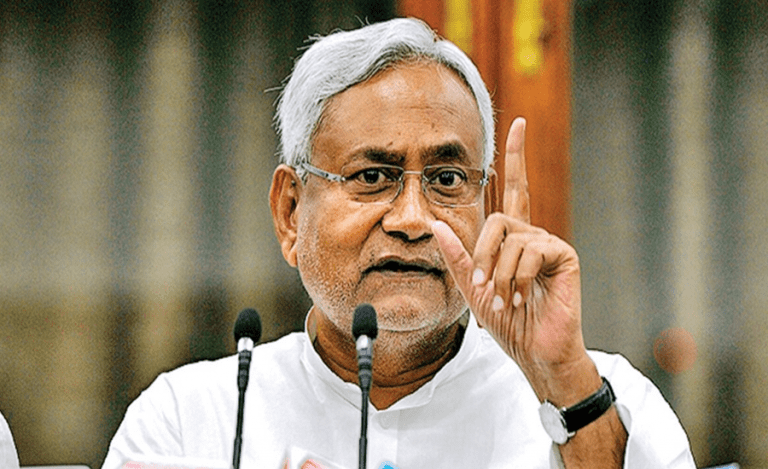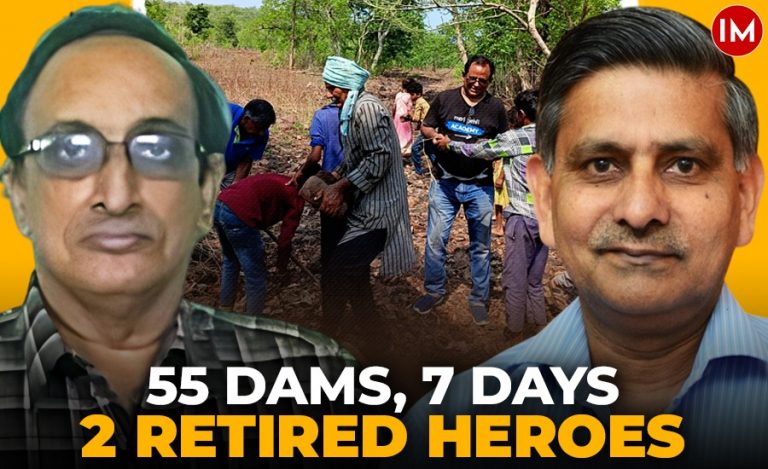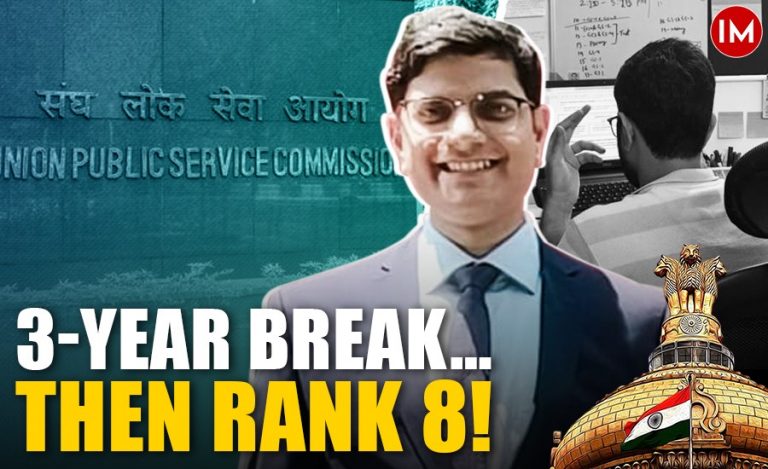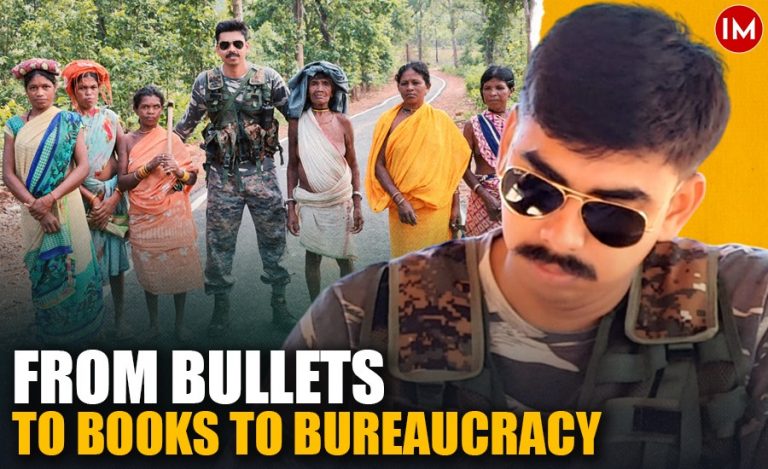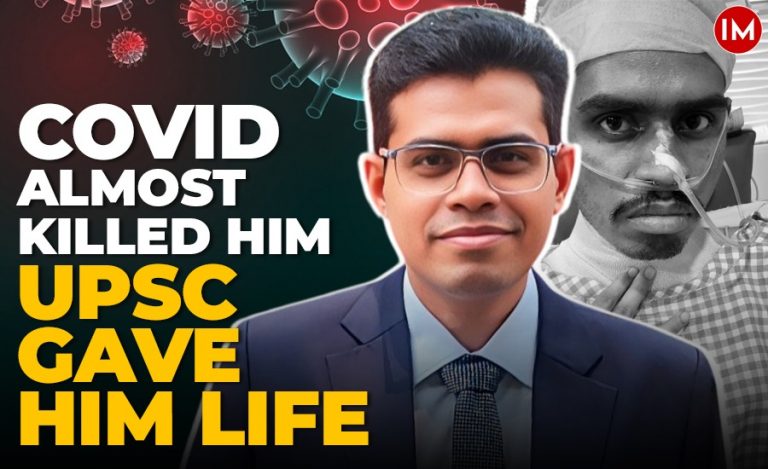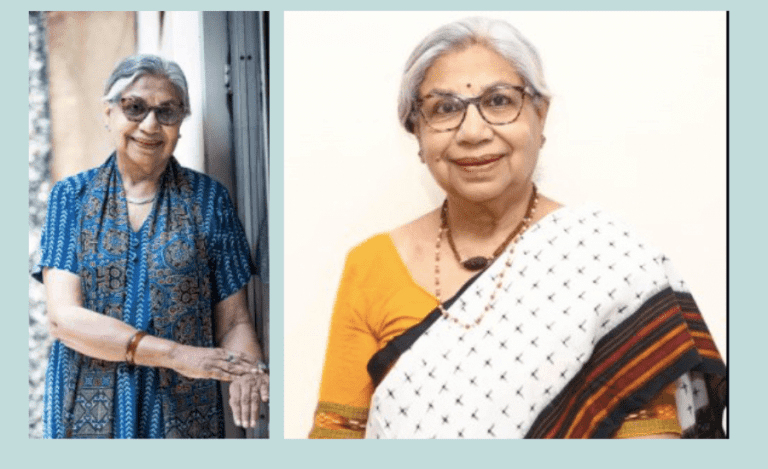Despite crushing poverty, Mr. Rajesh Patil nursed the burning ambition of becoming a civil servant. Beating all odds, he became an IAS officer in 2005, making his mother the happiest person ever. However, his journey was not a bed of roses. He had to toil really hard to reach wherever he is now. In a conversation with Indian Masterminds, Mr. Rajesh opens up about his life, work, and journey so far.
Sold Bread to Support the Family
Mr. Patil hailed from an extremely impoverished family, where both his parents worked hard as manual laborers.
“We belong to a small village in Jalgaon in the Khandesh region in Maharashtra. My parents had a small patch of agricultural land, and often had to fall back on manual labor to make sure that we received education. The struggle for survival was hard” he recalled.
As a child, seeing his parents struggle to make ends meet, Mr. Patil ended up selling bread and vegetables to support his family. It was then that he realized he wished to enter into civil services because he wanted to do something for the people fighting with poverty. He studied hard and finally cleared his UPSC examination in 2005.
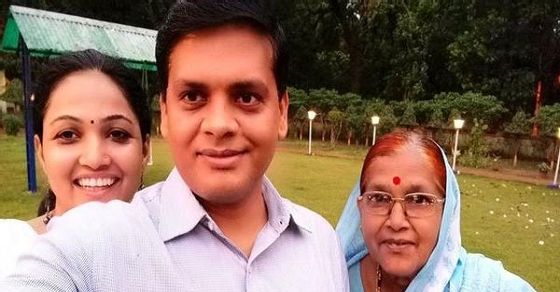
Ensuring Water Supply
Mr. Patil joined the service under Odisha cadre and worked as the Sub-Divisional Magistrate in Athgarh, Koraput, in 2006. Since then, he has worked in various fields to provide relief and help the citizens in need. In 2014, he brought water supply without using electricity to a tribal village called Kendhujhari in Mayurbhanj District in Odisha. Its remote location forced residents to fetch water from a stream named Belda, which dried up during peak summer and brought famine-like conditions, every year. He worked at preserving spring water, filtering it, creating pressure, and routing it through the terrain to the households and farms. He envisioned the project in 2014 and it got completed in 2015. The villagers, who used to walk 5km to fetch water, now get it at home and the land is flourishing with lush green crops.
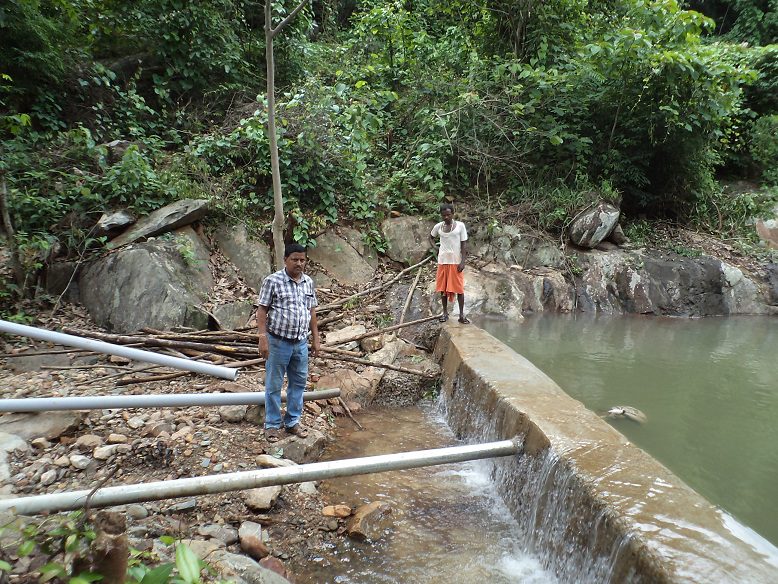
MGNREGA implementation
Under the care of Mr. Patil, Mayurbhanj was adjudged as the best district for effective implementation of the Mahatma Gandhi National Rural Employment Guarantee (MGNREGA) Scheme in 2015. Under it, the district provided employment to 2.9 lakh people of two lakh households.
“The district has achieved path-breaking results with respect to need-based planning at the grassroots through special initiative of Gram Sabha and Palli Sabha, effective execution in ensuring social audit through ‘Ama Kama, Ama Grama, Ame Tadarakh Kariaba,’ the innovative way of monitoring and supervision,” said Mr. Patil.

Making Mayurbhanj India’s first Child Labor Free District
Year 2016 brought another feather in Mr. Patil’s cap, and that was when he made Mayurbhanj a child labor free district. He was able to manage the rescue of 365 child labors working in brick cleaning. Their parents were counseled and these children were freed so they could pursue their education. Not only that, the administration also provided them with basic requirements so that they would not have to struggle to survive.
“We were able to rescue children who came from from Jharkhand, Bengal, Maharashtra and Gujarat. All govt staffs like BDOs, Tehsildars, School Inspectors, and NGOs have joined hands in protecting children and rescuing those working in dhabas, hotels, tea stalls and brick kilns,” he said.

Tai, Mi Collector Vhayanu
Mr. Patil has written an autobiographical book called ‘Tai, Mi Collector Vhayanu’ which translates to ‘Ma, I have become a collector’. It is not just another success story, but a riveting account of rural India where, at many places, no enlightening thought has reached till this date. It portrays social, political and cultural reality in a typical village in Maharashtra, in a clear and forthright manner. The book is written to present this picture to those educated urban people who have not seen it. The book aims to reveal how the real India is different; she is unknown to most of us who live in cities. With a view to serving this section of the society, the writer fought relentlessly with all odds to get his IAS and serve in underdeveloped parts of India as a Collector. The book was originally written in Marathi and has been translated into Gujarati, Odia, and Hindi.
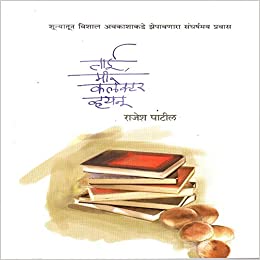
At present, Mr. Rajesh Patil is posted as the Director of the National Rural Livelihood Mission.


